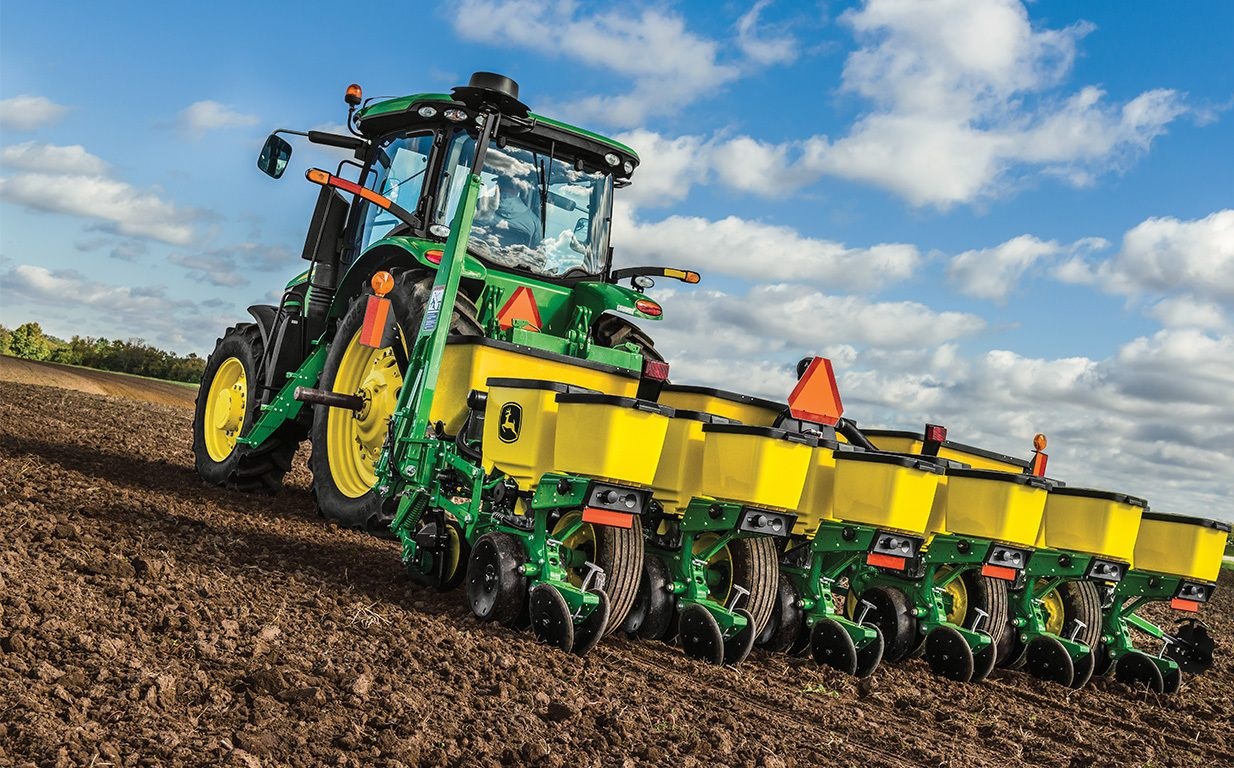Favorable weather is facilitating winter grain sowing in Europe

A dry start to October allowed farmers to accelerate the sowing campaign, increasing the chances of maintaining stable acreage for the 2025 harvest despite low market prices.
Sowing of winter grain crops in most regions of Europe is proceeding at an accelerated pace thanks to drier weather compared to the rainy beginnings of the previous two seasons. This increases the likelihood of maintaining stable acreage even amid low market prices, analysts note.
Dry weather in early October allowed for active fieldwork before the expected rains, which will improve soil moisture reserves and create favorable conditions for crop development.
According to Eric Kambayeco, an analyst at Expana, the acreage planted to bread wheat, Europe’s main grain crop, will remain relatively stable. Meanwhile, the area planted with early rapeseed may increase due to its higher profitability compared to grain crops, while spring barley and corn, on the contrary, may lose ground.
The current season’s favorable conditions stand in stark contrast to the rainy and protracted sowing seasons of 2023 and 2024. At the same time, dry weather in late autumn last year helped wheat and barley yields recover.
In France, according to FranceAgriMer, by October 20, farmers had planted more than half of the planned area for soft wheat and almost three-quarters for winter barley—both figures exceeding the average for the past five years.
“We are seeing fairly favorable sowing windows for soft wheat and winter barley,” Kambaeko noted. “In most cases, there is sufficient soil moisture, but not an excess.”
Analysts estimate that the area sown to soft wheat and winter barley in France may increase slightly, but the largest increase is expected for rapeseed.
In Germany, sowing is almost complete thanks to persistent dry weather.
“Work is proceeding on schedule, with the exception of areas where sowing will take place after the corn and sugar beet harvest,” a German grain analyst reported. He noted that the structure of sowing areas will generally remain unchanged, as low Euronext prices are discouraging farmers from changing crops, although rapeseed may see a slight increase.
In the UK, fieldwork is also proceeding successfully; sowing has already been completed in some regions, according to Luke Cox, a spokesman for the National Farmers’ Union.
“Most farms expect to sow winter crops according to their production plans, something that has been impossible in recent years due to extreme weather conditions,” he emphasized.
Analysts don’t expect significant changes in cropping patterns, but rapeseed acreage may expand following a successful harvest.
In Poland, according to research company Sparks Polska, winter wheat and rapeseed acreage may decrease slightly.
The delayed corn harvest is limiting the potential for winter wheat sowing and may lead to an increase in the area planted to spring barley and spring wheat. Furthermore, farmers’ dissatisfaction with low rapeseed prices may lead to a reduction in rapeseed acreage.
For almost 30 years of expertise in the agri markets, UkrAgroConsult has accumulated an extensive database, which became the basis of the platform AgriSupp.
It is a multi-functional online platform with market intelligence for grains and oilseeds that enables to get access to daily operational information on the Black Sea & Danube markets, analytical reports, historical data.
You are welcome to get a 7-day free demo access!!!
Read also
Black Sea Export Strategies Within the Pressure of the Global Food Market
EU Crop Protection Rules Could Reshape Ukrainian Agriculture Profitability
Jordan purchased 50 thsd tons of barley at tender
Soybean prices in Ukraine continue to rise, but Chicago quotes have already stabil...
US intends to raise global import tariffs to 15% this week – Bessent
Write to us
Our manager will contact you soon



